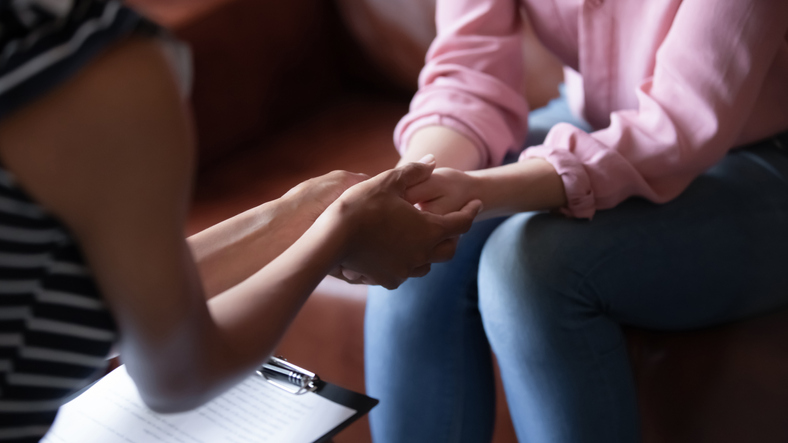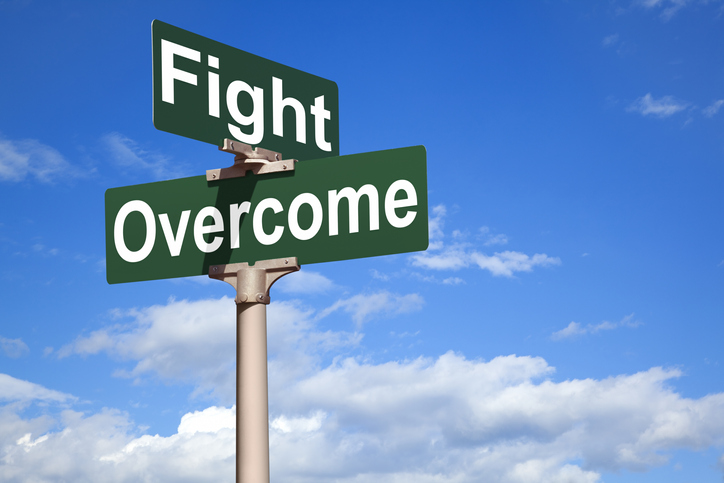Living with Chronic Pain
6 Tips for Supporting Someone With Chronic Pain in Addiction Recovery

9 people found this helpful
Print
Share
Save
Supporting someone in recovery from addiction can be challenging, especially when the person in recovery also deals with chronic pain. Family members and friends may fear that their loved one will relapse and may not know how to support their sobriety. However, encouragement and support during recovery is essential for mental and physical well-being.
Six tips to best support a friend or loved one with chronic pain in addiction recovery are listed below:
- Remember that their pain is real. For some individuals in recovery from addiction, chronic pain treatment is associated with their addiction. Remember that recovery from addiction does not mean recovery from pain. Chronic pain can develop or worsen at any time, including when a person is in recovery. Chronic pain is very real and seeking pain relief is different from craving addictive substances.
- Be willing to talk about both recovery and pain. Both chronic pain and addiction can lead to feelings of shame. Avoiding these topics of conversation can increase these feelings and cause the person to isolate. On the other hand, discussing these issues in a nonjudgmental way can help support their recovery and overall mental well-being. Be sure to listen to their concerns with compassion and empathy.
- Encourage them to seek help when needed. If a loved one is struggling with pain, mental well-being, or a relapse, encourage them to seek help from a medical professional. Non-addictive medications and other tools such as physical therapy can be used to treat chronic pain. Psychotherapy, support groups, and certain medications can reduce cravings for addictive substances, help prevent relapse, and address mental health conditions, such as anxiety or depression.
- Recommend alternative sources of pain relief. There are ways to reduce pain that do not involve medication. If ice packs or heating pads help relieve pain, offering to get these items for the individual can make a big difference. Giving them a massage or watching a funny movie together to provide a distraction from the pain are also simple ways to help.
- Be a role model of taking care of physical and mental health. Prioritizing a healthy diet, physical activity, self-care, and getting enough sleep is always important. Modeling these behaviors or participating in them with the individual in recovery can support their physical and mental well-being. Avoid drinking alcohol or using other addictive substances in front of the person in recovery and don’t keep those items in the home.
- Reach out for support when needed. Supporting a family member or friend with chronic pain in addiction recovery can be stressful. Fears of a relapse and concerns for their health are normal. However, if stress, fear, or other negative emotions become too much to handle, reach out for support. Support groups such as Nar-Anon and Al-Anon were specifically created for family members and friends of those who deal with substance abuse. Talk therapy and other mental health resources can also be beneficial.

















